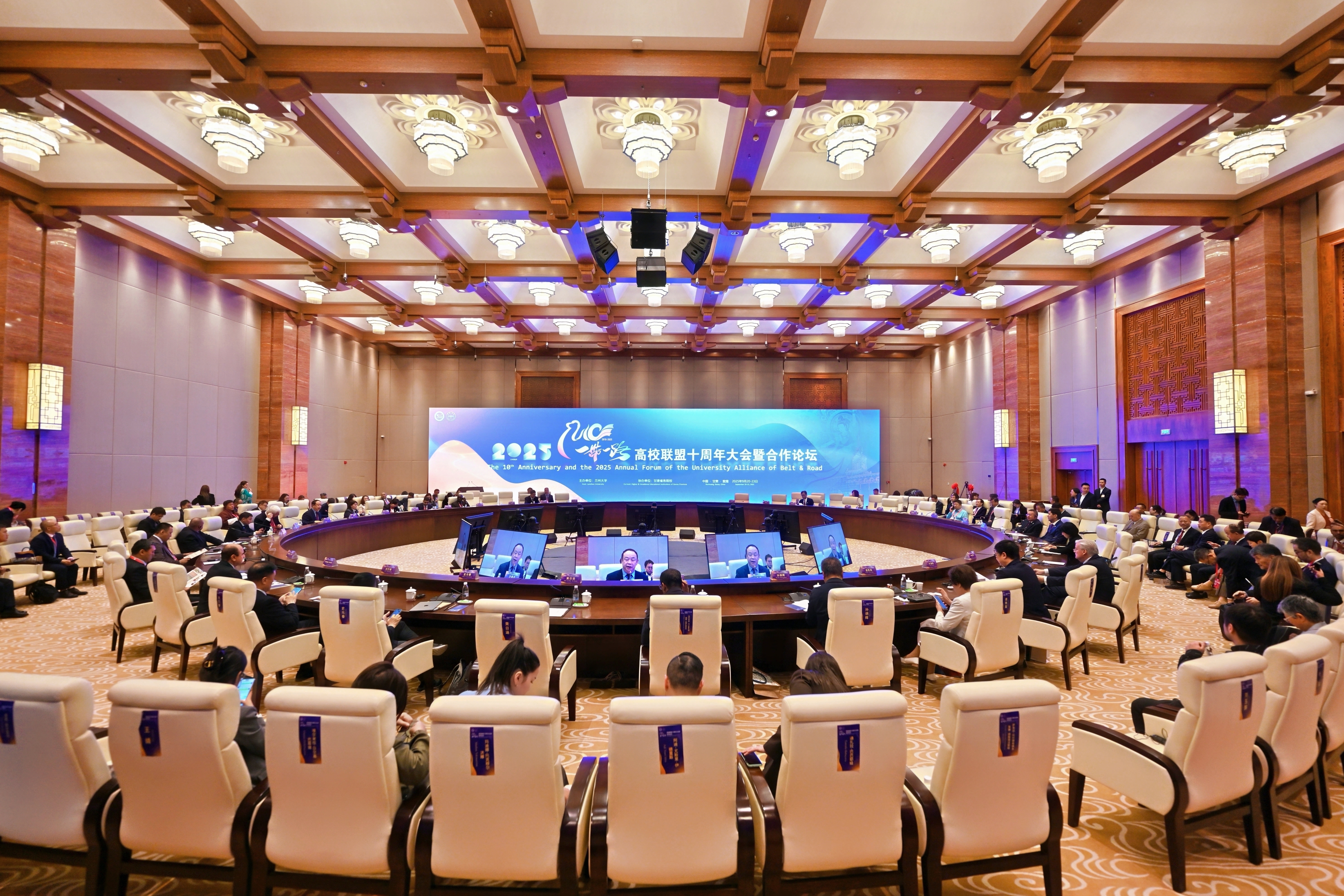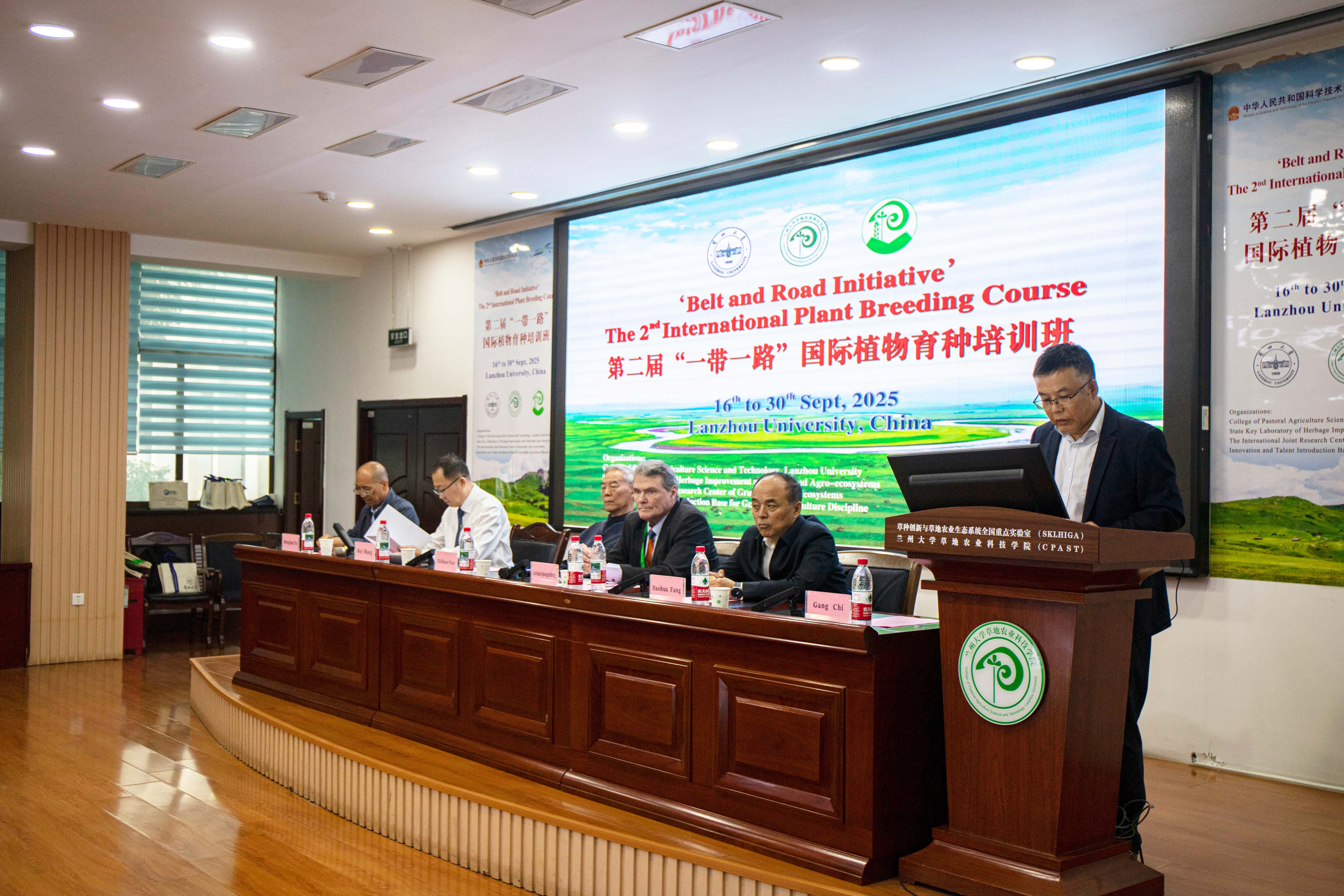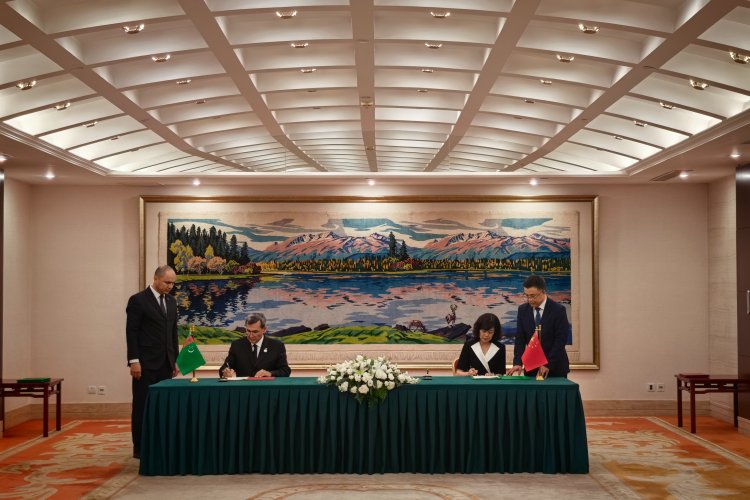Speaker: Prof. Tatsuya Ishikawa, University of Cologne
Time: 15:00-16:30, December 14
Venue: Lecture Hall 322, Qilian Building
Abstract:
In Hokkaido, Japan, four typhoons continuously hit during August 2016 and the 2018 Hokkaido Eastern Iburi earthquake was occurred on September 6, 2018, which led to significant damage in wide areas of Hokkaido. Considering the social importance of these historical heavy rainfall and earthquake induced geo-disasters, the Japanese Geotechnical Society organized the survey team. The aim was to investigate the phenomena and factors which contributed to disaster recovery and disaster prevention/mitigation from both short- and mid- to long-term perspectives, and to provide academic advice to related government organizations. This lecture provides a summary of the investigation by the survey teams.
Biography
Dr. Tatsuya Ishikawa is a Professor of the Faculty of Engineering at the Hokkaido University, Japan. He is also a fellow of the Engineering Academy of Japan. After graduation from Kyoto University, he worked at East Japan Railway Company as an engineer for about 15 years, including about 7 years’ temporary transfer to Railway Technical Research Institute, Japan.
In 2002, he became a faculty member of Hokkaido University. So far, he mainly has studied transportation geotechnics, including disaster prevention against heavy rainfall and frost-heave, from the viewpoints of experimental and analytical research. In the 2022-2026 term, he is the chair of Technical Committee 202 (TC202) on Transportation Geotechnics, International Society for Soil Mechanics and Geotechnical Engineering (ISSMGE), after being the secretary of ISSMGE TC202 during 8 years from 2013 to 2021. Also, from 2013, he is the chair of TC202 Japanese Domestic Committee of Japanese Geotechnical Society. In addition, he is the editorial board member of Transportation Geotechnics Journal and the associate editor of Journal of Soils and Foundations.
Moreover, as the head of the geotechnical disaster survey teams for the August 2016 Hokkaido heavy rainfall and the 2018 Hokkaido Eastern Iburi earthquake etc., he has been engaged in maintaining and securing a safe and secure living environment for residents and developing civil engineering projects in Hokkaido, Japan, from the perspective of disaster prevention and mitigation against the natural disasters under the climate change.
Source: College of Civil Engineering and Mechanics




